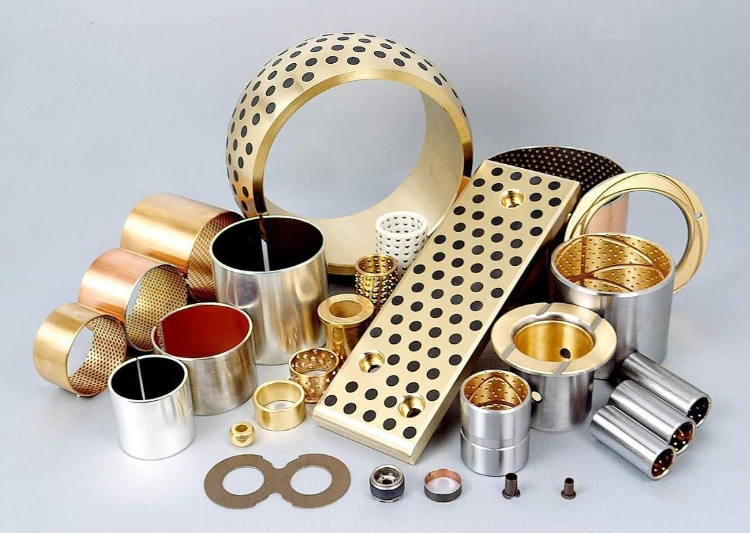Plain bearings are often used in intensive applications due to their ability to operate under heavy loads for long periods of time, even in harsh operating environments, with low maintenance requirements. Sliding bearings are prone to failure due to poor operating conditions. Common causes include metal fatigue, misalignment, localized rapid wear, and contaminants that form grooves in the bearing components.
Dr. Ke, a lubrication engineer, said that correct lubrication is one of the most important ways to alleviate sliding bearing failures. He said, "Although sliding bearings do not necessarily have complex lubrication requirements, the use of high-quality lubricants can prevent bearing failures for many reasons. occur".
With poor lubrication, including insufficient lubrication or when the incorrect lubricant is used, plain bearings can wear out rapidly, often in one spot, until the surface is completely broken, Dr. Coe said. "An experienced lubrication consultant can help determine the application and the plain bearing Correct lubrication solutions for the components to prevent this”.

The large bearing area of plain bearings means they can withstand heavy loads, Dr. Coe added. The right size bearings also need to be selected for each application. They should have appropriate clearances and have good lubrication. When these factors are taken into account When carrying heavy loads or impact loads, sliding bearings are better than rolling bearings.
To get the most out of a sliding bearing, the bearing surface should be completely separated by a layer of lubricant. If this film wears away, most sliding bearings will fail quickly. When the bearing is running and properly lubricated, friction can be reduced to a minimum.
2024-02-22